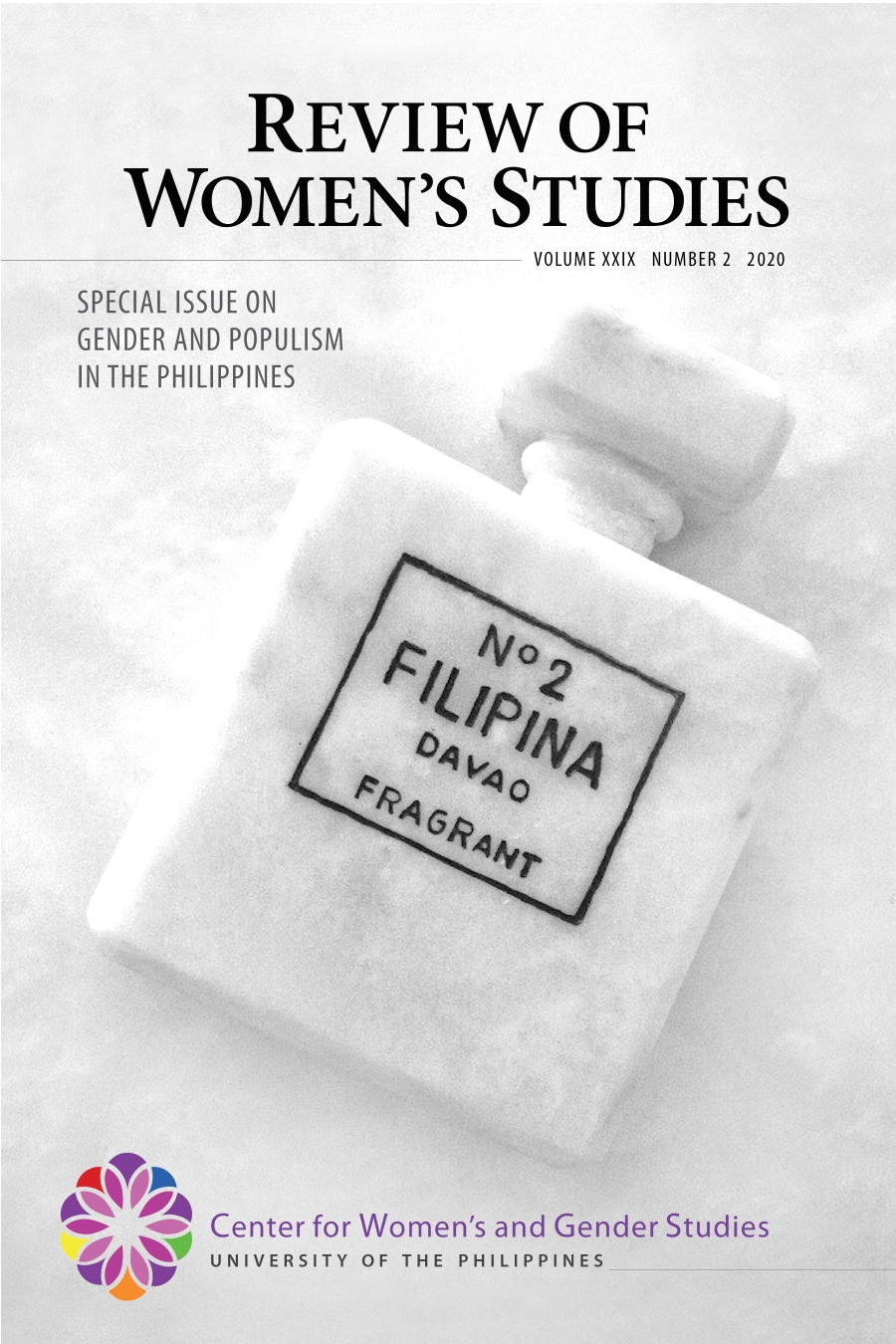Duterte as the Macho Messiah: Chauvinist Populism and the Feminisation of Human Rights in the Philippines
Abstract
After his landslide electoral victory in 2016, Philippine President Rodrigo Duterte started a violent war on drugs that has led to at least 5,000 "drug suspects" being killed by the police. Duterte's overtly masculinist rhetoric and behaviour are unprecedented among contemporary Filipino national politicians. His crude and aggressive political language regularly attracts negative media attention, but he remains popular and his party maintains a "supermajority" in Congress.This article uses discourse analysis as a qualitative research method to explore the ways in which Duterte deploys patriarchal scripts to achieve specific political outcomes. Discourse theorising aims to illustrate how linguistic processes construct social realities, establish power relationships, and create regimes of truth while rendering other practices unacceptable. Based on an analysis of quotes from Duterte's official speeches and media interviews, mostly during his presidency and the campaign period that preceded it, this article argues that Duterte's use of gendered tropes builds support for authoritarian projects and stigmatises criticism against his administration. In particular, his posturing as a traditional macho male who openly admires beautiful women usually through the medium of jokes, his support for paternalistic policies to protect women and use of rape imagery to justify the war on drugs, and his attempts to feminise human rights advocates and sexualise female political opponents, position him as a tough and benevolent protector of a nation under threat and his critics as immoral, or cowardly and weak, thereby undermining their authority.
Published
2023-05-12
How to Cite
PARMANAND, Sharmila.
Duterte as the Macho Messiah: Chauvinist Populism and the Feminisation of Human Rights in the Philippines.
Review of Women's Studies, [S.l.], v. 29, n. 2, may 2023.
ISSN 0117-9489. Available at: <https://journals.upd.edu.ph/index.php/rws/article/view/9075>. Date accessed: 23 sep. 2025.
Section
Articles


